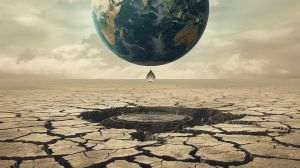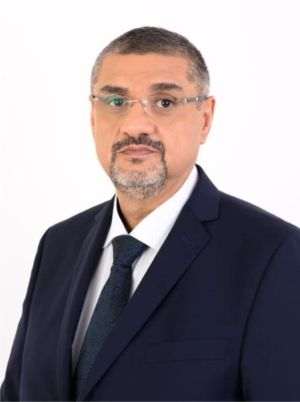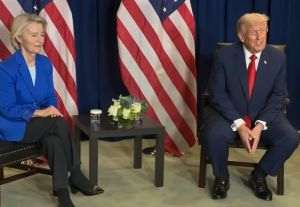Dialogue between environmental organizations and authorities is crucial for implementing the best measures to protect nature. WWF-Romania (World Wide Fund for Nature) has sent its recommendations to the Ministry of Energy and the Ministry of Environment, Waters, and Forests for the revision of the Integrated National Energy and Climate Plan (PNIESC), through which Romania is required to follow strategic directions on energy and climate change until 2030 and 2050, taking into account the recommendations of the European Commission (EC). According to the environmental organization, the current version of PNIESC "proposes a series of contradictory measures without consulting civil society, hindering a collective approach to prioritize crucial issues in achieving national climate and energy goals." In this context, WWF calls for the elimination of unsustainable investments, such as destructive hydropower projects, and the promotion of environmentally friendly renewable sources (both for climate and biodiversity), independent energy communities, energy efficiency, and real measures to reduce energy poverty. According to WWF-Romania, "the plan foresees a reduction in biomass consumption in the heating and cooling sector by 2030, intends to replace biomass with heat pumps, but also proposes tripling the percentage of electricity produced from biomass. The plan lacks clear steps and monitoring indicators for reducing biomass consumption in the heating sector. Instead of respecting and encouraging commitments made at the European level and protecting forests as a vital resource in mitigating climate change, the Romanian government chooses again to jeopardize the safety of people and nature." Environmental activists recommend the higher value utilization of wood through responsible use, emphasizing carbon storage in long-lasting products rather than burning for energy production, providing financial incentives to promote the use of low-moisture wood for greater energy efficiency, expediting and prioritizing alternative renewable energy sources that are equitable for all. WWF-Romania adds, "We also need to align the use of forest biomass with EU objectives and policies from 2026 to 2030, according to RED III, and have a biomass supply in line with land use, land-use change, and forestry (LULUCF) goals. The European Commission's recommendations on PNIESC emphasize establishing a concrete path to achieve the national LULUCF goal." Representatives of WWF-Romania warn that without detailed programs, specific deadlines, and performance indicators, "it is unlikely that the objectives and milestones presented in the revised PNIESC for 2030, which aim to reduce the share of final energy consumption from 33% in 2019 to 30% by 2030, especially in the building sector, will be achieved." Thus, the document should aim for a better balance between distribution and transportation networks, with DSO/TSO coordination, to better use the existing electrical network and expand its capacity for renewable energy. New provisions should also support individual energy storage capacities and the formation of energy communities. Raluca Şerbănică, Biomass Expert at WWF, stated: "It is worrisome that 15.2% of Romania's population cannot adequately heat their homes. Urgent and concrete actions, with fund allocations to improve the energy efficiency of homes and replace equipment with environmentally friendly ones, are essential to support the energetically vulnerable population." Regarding hydropower investments, the current version of the PNIESC revision project raises concerns in the eyes of the environmental organization. Specialists emphasize that the plan includes eight outdated and controversial hydropower projects that pose significant environmental challenges and contribute minimally to the energy system: "These projects have been abandoned for economic, profitability, efficiency, and environmental impact reasons. Their inclusion in the plan required the establishment of a permissive legislative framework, violating existing laws that transpose the Natura 2000 Directives and the Water Framework Directive in Romania. WWF believes that the damage to nature caused by these controversial projects outweighs the modest benefits they bring to the energy sector and advocates for their removal from the final version of the PNIESC. Additionally, in November 2023, the European Commission sent an additional letter to Romania, confirming that the approval procedures for hydropower developments are done superficially, allowing the destruction of Romania's mountain rivers by providing insignificant amounts of electricity. Several legal acts addressing vulnerable energy consumers have been adopted and implemented. Law no. 226/2021 establishes social protection measures for vulnerable energy consumers, but unfortunately, this law lacks implementation rules and budgets for the energy efficiency of the homes of vulnerable consumers." Moreover, the PNIESC revision project occasionally mentions energy communities but does not address the main barriers to their establishment and operation.
The World Wide Fund for Nature makes recommendations for the Ministry of Energy and the Ministry of the Environment
O.D.
English Section / 25 ianuarie 2024
























































